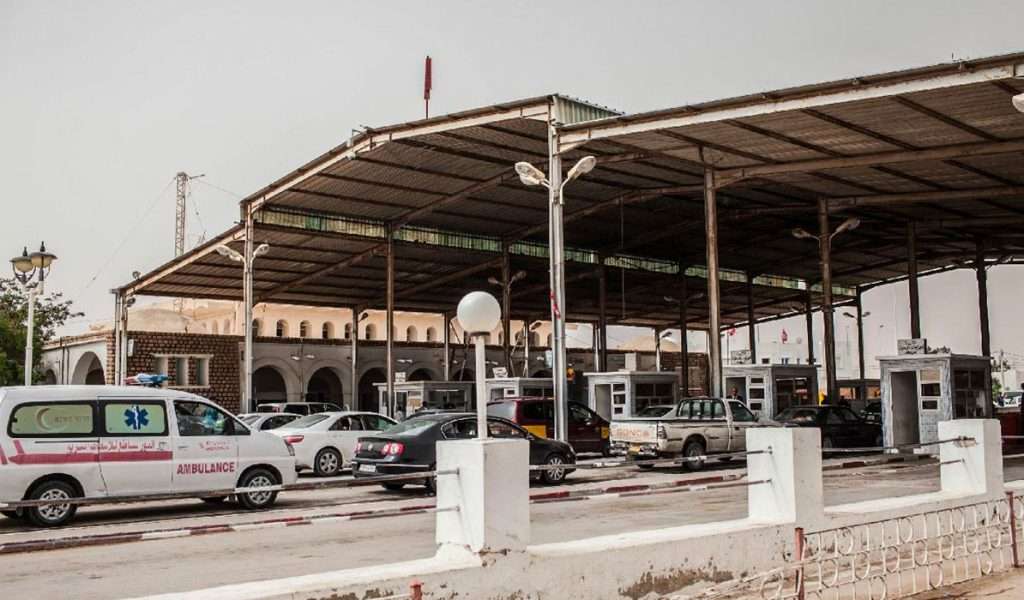Libya, Tunisia agree to reopen major border crossing

Libya and Tunisia are seeking to remedy recent disruptions to border crossing as provisional plans for a Arab Maghreb union gain momentum. With mounting instability across North Africa, Tunis and Tripoli’s regimes are working to strengthen cooperation in light of growing economic and supply challenges.
Libya and Tunisia’s interior ministers said on June 13th that they had partially agreed to open the Ras Ajdir border crossing on June 14th, and to fully reopen it on June 20th after a three-month closure, according to Reuters.
Libya’s interior ministry closed the border crossing in mid-March due to purported armed clashes between security forces and “outlaws”.
READ: Libya: Three Tripoli soldiers killed by drug smugglers
Emad Trabulsi, the interior minister for Libya’s Tripoli-based Government of National Unity (GNU), said in a video statement with his Tunisian counterpart, Khaled Nouri, that the crossing would reopen “for the interest of the [two] countries without harming any party.”
Ras Ajdir is the main border crossing between the two North African countries, used often by Libyans travelling to Tunisia for health care and goods shipments in the opposite direction.
“The reopening will be tomorrow for humanitarian cases, special cases that have permits from the Tunisian and Algerian interior ministry, and medical cases,” said Trabulsi, adding that he would meet Nouri on June 20th at the Ras Ajdir “to hold a meeting and fully reopen it to all travelers”.
Nouri stated that authorities had supported the crossing with everything necessary “in order to facilitate movement and not disrupt travelers from both sides”.
READ: Tunisia, Algeria, and Libya meet to discuss Arab Maghreb union
Libya’s interior ministry said that the agreement stipulated the opening of four shared gates at the crossing, as well as a commitment to open six electronic registration centres for Libyan vehicles, as reported by The Libya Observer.
Libya has seen constant conflict and instability since its 2011 NATO-backed uprising which ousted and killed dictator Muammar Gaddafi. The country is now split between rival administrations in its east and west, each supported by different foreign powers.
The GNU controls the country’s northwest and is internationally recognised, but not by the eastern, Benghazi-based parliament.
Reuters / The Libya Observer
Want to chase the pulse of North Africa?
Subscribe to receive our FREE weekly PDF magazine














